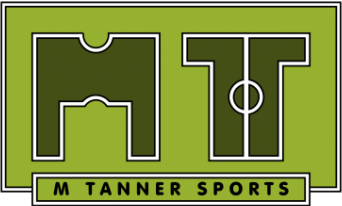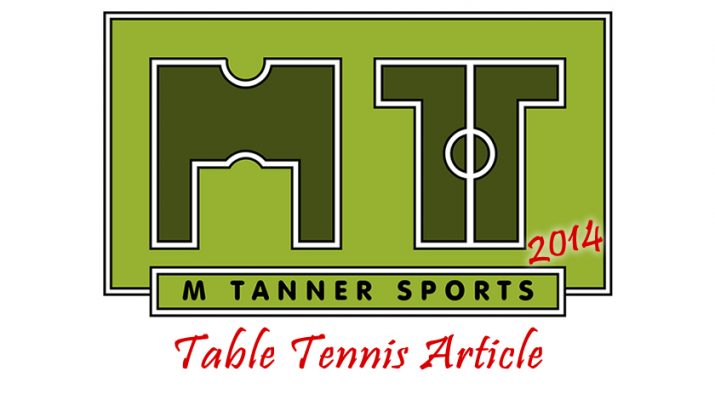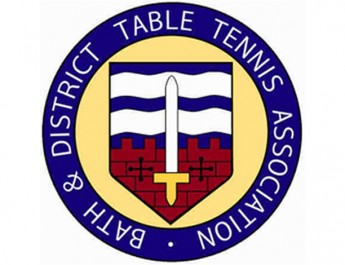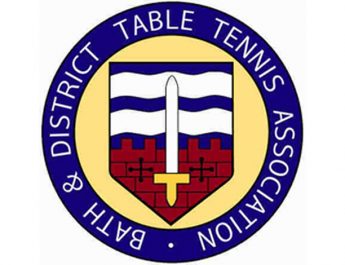Table Tennis
Bobby Fischer described Table Tennis as – “running the 100 metres while playing chess at the same time”.
Table tennis has been a big part of my life since I was in primary school but there is very little coverage for it. I will be exploring what the sport involves, who can play it and where you can play it locally.
This is one of those sports that everyone thinks they can play very easily, provoking responses of “Table Tennis, yeah I’m good at that”. Yet there are few people who can back up this claim as there is a real lack of young people playing league table tennis in Britain. The game itself is very easy to play and get the hang of but hard to master.
When you serve you must hit it on both sides of the table then after you must hit it back onto the other side of the table. You must not hit the net when serving but after that ‘net shots’ can win you points if it goes over, but hit the net and it bounces on your side and you lose a point. When your opponent fails to return the ball you win the point, first to 11 points wins best of 5 (first to 3). So people picking up the bat for the first time can get involved from the off and have fun.
The sport has been officially regulated in Britain since 1901 and has been an Olympic sport since 1988. It has always been a Paralympic sport since it’s creation in the 1960s and is enjoyed by approximately 2.4 million people in Britain. Recent rule changes has seen the balls made bigger in 2001 to 40mm to create a slower game to be captured better on television and the points system going from 21 points best of 3 (first to 2) to 11 best of 5. These changes create a longer game for viewers as the games can be over quickly with the ball being hit with speed up to 100mph.
This has increased its coverage more since the changes with more people enjoying the Olympic and Paralympic games and it has seen a rise in 2012 of trendy table tennis bars. Bounce opened in London back in 2012 and is a mix of a high class bar with full sized tables for people to play on. New York was the first to introduce this type of night club with SPiN Studios and have since opened on in Los Angeles. However these types of bars are for the elite in the US and Britain and certainly not common place across the country.
The Government did address this to a degree when Britain entertained the world in 2012 with the summer Olympics. There were 100 temporary tables set up for the summer in London, Birmingham, Bristol and Hull with 50 of these still up now. There is also footage of the England football team playing table tennis when they go abroad as a way to relax between games. Manchester United and Arsenal have tables at their training grounds with Rio Ferdinand and Robin Van Persie among the better players. World renown chess master Bobby Fischer played table tennis in his spare time to keep his mind sharp and focused and further talked about the game:
Both chess and table tennis are played within the confines of a physical space that you can grasp completely within your field of vision. There is nothing hidden in either game. Yet, paradoxically, in order to play both successfully you need to grasp the image of the board or the table in your mind so that you actually have a feel for where the corners are. In chess we call this “board vision,” and table tennis definitely has its “table vision.”
So table tennis can be played by anyone of any ability and it is also a very affordable sport to play. A basic set of two bats and a ball can be bought for only a few pounds and table hire for around £5 for 50 minutes play at sports centres up and down Britiain, around 750 places to play. The more you get into the sport then it’s time to buy a more expensive bat and balls. The balls range of ungraded to 3 star, with 3 star balls being used in competition play as they are faster balls, 2 star for training and 1 star/ungraded for beginners. Competition 3 star balls cost around £6 for 3 balls. Bats also start with little or no rubber and sponge, then at around £20 they start to introduce more sponge for extra power and a slightly faster rubber. For league play bats will start from about £35-40 for a decent blade which professionals then swap and change rubbers to suit their own style which can go into the hundreds.
The common assumption is that the more you spend on your equipment the better you’ll be but this isn’t the case with Table Tennis. The shots must be mastered first with slower bats so that you can handle a fast rubber later on. Hours of practice must be done before you splash out £50 on a bat otherwise you will get frustrated with it. Better players often practice with a slower bat so that they can try out new shots and master them before using their faster bat for match play this helps with technique.
There are leagues up and down Britain with varying standards of players. In the league you join a team and each team plays 3 players in a match. Each player will play the other 3 players (9 games) and there is a doubles game at the end (so 10 points on offer). Bath has 3 leagues, Premier to second division but Bristol has 7 leagues and claims to be the oldest league in the world. So the standard of the Bath Premier is around the same as league 2-3 in Bristol but their bottom few leagues are a lot more social, with Division Two of Bath the same as Bristol 5-6.
Bristol also has the Filton Academy which offers up coaching sessions, on 8 tables, throughout the week with their top coaches to social players. This is a great way for anyone to improve their shots in a short space of time. Bath also offers a Monday night social session for social and league players a like for just a few pounds a session with no signing on fee with 4 tables.
On the international scene the Chinese dominate the game winning 20 of the 24 Olympic titles on offer since 1988. In the last games Germany was the only non Asian country in the semi finals thanks to their investment in professional leagues. The road to Rio 2016 is going to be a harder challenge for British players now as the Government has cut table tennis funding for it’s British stars altogether. Britain’s number 2 Andrew Baggaley, who has won five Commonwealth Games medals, calls for a reshaping of the current leagues in Britain.
“I think there is an audience for a table tennis league – if it were advertised,”
The top British players are having to play their league table tennis abroad in Germany and Austria in order to compete against other world class players as their leagues are professional. They attract large crowds, TV coverage and sponsorship deals which isn’t happening in Britain at the moment. Andrew believes that it can happen and claims that top table tennis players from all over the world would love to live in Britain and play if there was a professional league. It leaves British players as a major disadvantage having to go abroad during the winter months to play and now with the funding cut many will not be able to go back out for the next few years unless they attract private investment. These players will then have to play in amateur county leagues which will not give them the preparation they need to compete on a world stage.
Hopefully that gives a small insight into one of the most popular yet over looked minor sports in Britain today. Please used the links below to see the articles I’ve looked at and links to the Bath and Bristol leagues, hopefully I’ll play against you soon!
Bristol & District Table Tennis League
Bath & District Table Tennis League




